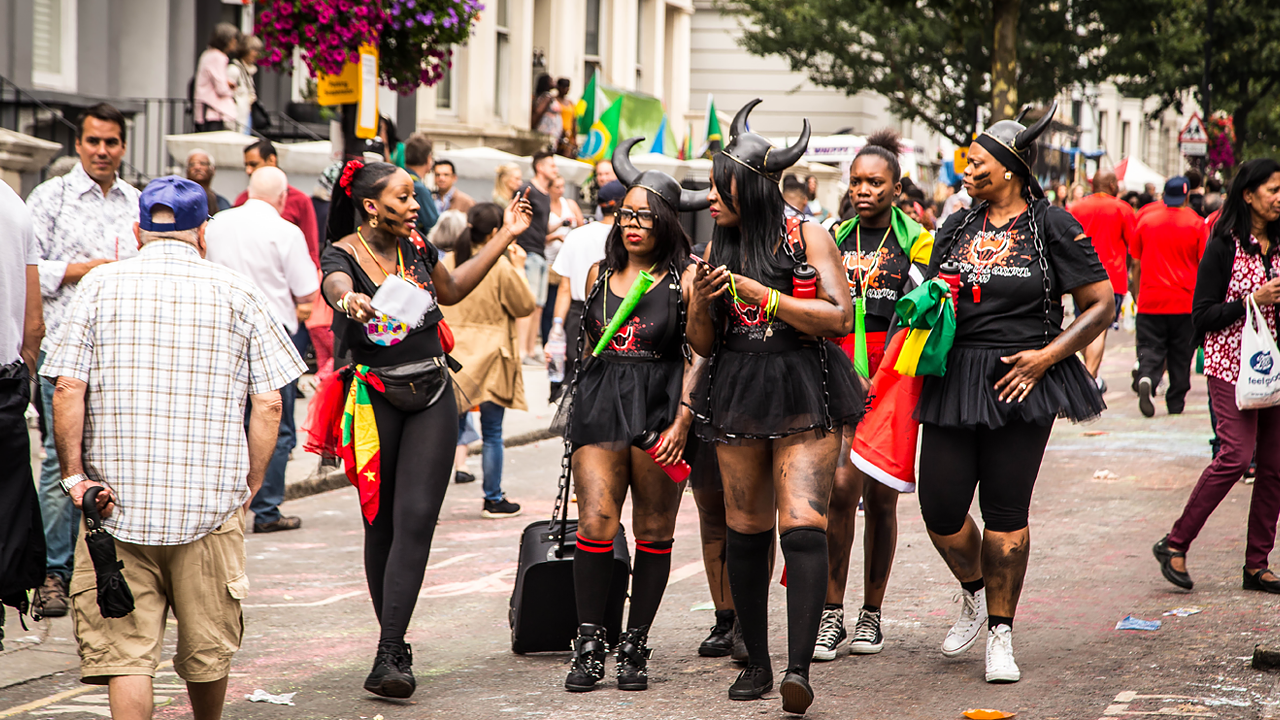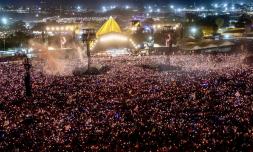The beloved street party is at risk due to funding cuts and public safety concerns. But protecting it is in our best interests.
Sunday 22nd June marked Windrush Day, an annual commemoration of the date thousands of Caribbean’s were shipped over the the UK in the 1950s.
A large portion of the Windrush generation moved to London’s Notting Hill, where they formed a vibrant community and established the famous Notting Hill Carnival – a two day event which would go on to attract millions of visitors to the capital each year.
But this years’ Windrush Day was marred by growing concerns over the carnival’s future.
The Metropolitan police have been vocal in their criticism of the event year-on-year, due to a rise in public safety concerns, criminal activity, and uncontrollable crowds.
Around 7000 police officers are deployed to each day of the carnival over August Bank Holiday weekend, which cost around £11.7m in 2023. As the event only grows in popularity, pushback from authorities is on the rise.
Simon Hill of the Metropolitan Police Federation said that officers were just ‘as worried this year as they were last year and the year before,’ about working the carnival.
‘Nobody that I speak to actually looks forward to working Notting Hill Carnival, which is a real shame, because it’s a vibrant event, it’s an important event,’ he told the BBC.
Days are getting warmer and longer ☀️
100 Days to go until Notting Hill Carnival 2025! 🎉#NottingHillCarnival pic.twitter.com/uIS9jTbibz
— Notting Hill Carnival (@NHCarnivalLDN) May 16, 2025
Hill’s comments cut to the heart of public sentiment – Notting Hill Carnival has remained a vital outpost for London’s Afro-Caribbean community, serving as a space to celebrate cultural traditions, push back against discrimination, and vocalise political sentiments.
Each time the carnival’s future is called into question, so too are the interests and priorities of the city’s authorities. Many are convinced that the critical narratives churned out by police and policymakers are a byproduct of institutional racism.
This year, on Windrush day, the Met Police announced that the carnival ‘can’t be fixed’ and called for it to be scrapped completely over safety concerns which were straining resources and funding.
Many members of Britain’s Black and Caribbean communities considered the statements a personal attack.
‘It should not be lost on us that these funding concerns coincide with Windrush Day’, said Jacqueline McKenzie, a campaigner and human rights lawyer who helped victims of the Windrush scandal. She went on to outline Notting Hill Carnival as an event that holds ‘huge national and international significance.’





















